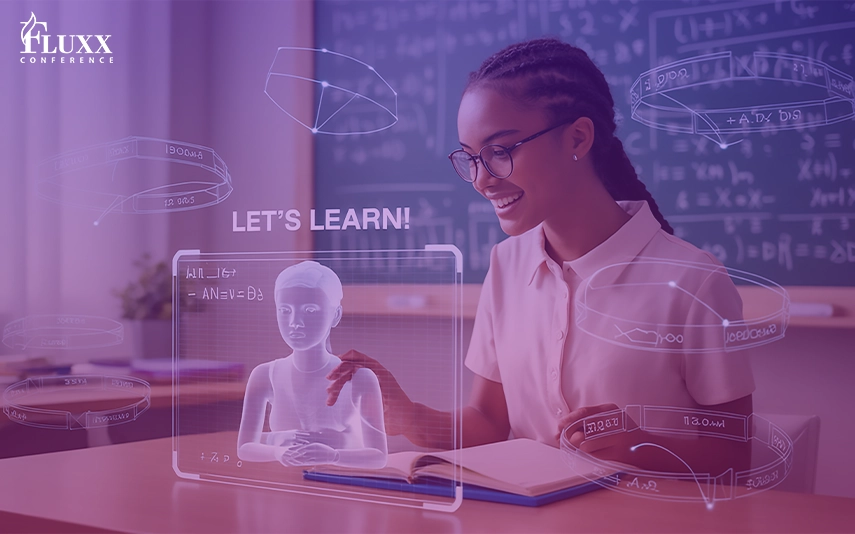
The Science Behind AI-Powered Adaptive Learning
Summary: AI-powered adaptive learning revolutionizes how students and professionals learn by tailoring content to individual needs. Experts often discuss its applications at national conferences for educators and public health conferences 2025. Attendees who attend conference sessions on adaptive learning gain insights into data-driven instruction, personalized curricula, and emerging EdTech strategies that could reshape education and workforce training worldwide.
Adaptive learning refers to a technology-based approach that varies the content of instructions, depending on the performance and behavior of a learner. The AI algorithms process a constant stream of data about the learner and are required to make recommendations that reinforce weak points and speed up substantial skills acquisition.
Adaptive learning is based on constant evaluation. The AI systems must analyze the response, the duration of tasks, and the error patterns in order to alter the content delivery in an intelligent manner. This gives the learners an opportunity to pursue a course that is within their own capabilities, something that may not be possible in conventional classroom settings.
How AI Drives Personalization?
Adaptive learning, which is based on artificial intelligence, uses advanced machine learning algorithms to predict the needs of a learner. Such models are expected to detect knowledge gaps, cognition patterns, and preferences in order to create customized content.
As an example, natural language processing (NLP) enables AI to make sense of open-ended answers, and quiz and exercise analytics determine the further learning process. AI should prescribe individual resources, dispel myths, and give immediate feedback.
Applications in Education and Public Health
Adaptive learning is not limited to traditional classes. Universities, professional training, and public health programs are starting to embrace AI-based approaches in offering more personalized learning:
The technology should make sure that there is a balance between remediation and acceleration. Students or practitioners experiencing difficulty with the content ought to have some extra exercises to utilise, whereas those who are doing well should move ahead without repetition.
Benefits of AI-Powered Adaptive Learning
AI adaptive systems have significant advantages at the level of learners, teachers, and organizations:
One-on-one Learning: Each student is given a different treatment depending on their strengths and weaknesses.
The experience of professionals who attend conference workshops shows that the integration of AI can enhance engagement and learning outcomes, as well as long-term retention of the knowledge in different areas.
Challenges and Considerations
Nevertheless, AI-powered adaptive learning has a number of challenges, despite its potential:
Educators gather in national conferences for educators and debate practical solutions to these issues, so as to make adaptive learning ethical, equitable, and effective.
The Future of Adaptive Learning
The future of AI-assisted adaptive learning may involve adding immersive technologies such as virtual reality (VR) and augmented reality (AR). AI simulations simulate real-world conditions, and institutions visiting public health conferences in 2025 could provide the opportunity to apply their theories in practice.
AI is to be used in addition to human educators. Teachers will need to analyze analytics, lead learners, and create the material that will utilize AI recommendations to their advantage. Attendees of conference sessions learn how to develop hybrid learning spaces in which AI will support and complement human teaching, as opposed to dominating it.
In addition, predictive analytics can enable institutions to foresee learning challenges in advance. Adaptive platforms should be able to detect trends and offer interventions to all learners to make sure they are successful.
Conclusion
Adaptive learning based on AI is a breakthrough in learning and training. This technology can help revolutionize learning outcomes in fields due to the privacy it offers, the feedback provided in real-time, and the ability to operate at scale. These solutions are to be examined during the national conferences for educators and public health conferences 2025, where educators and professionals should attend conference events.
Fluxx News is a place to stay informed about emerging trends in AI-driven education shaping the future of personalized learning. Join Fluxx Conference 2025 and connect with industry leaders shaping the future of business!
FAQs
Q1: What is AI-powered adaptive learning?
Adaptive learning with AI is one of the techniques where student-specific adjustments to educational materials are implemented with the help of algorithms, depending on their performance and learning patterns.
Q2: What is the advantage of adaptive learning to students?
It also offers individualized study with real-time feedback and customized activities to support learning and understanding.
Q3: Is it possible to apply AI adaptive learning to professional training?
Yes, AI adaptive learning can be beneficial in such areas as the field of public health, in corporate upskilling, and professional certification programs.
Q4: Do adaptive learning raise any ethical issues?
Yes. Issues such as data privacy, bias in algorithms, and the fact that AI should be used to supplement, not substitute, human educators are key issues of concern.
Interesting Reads:
How Conferences Rewire Your Brain for Innovation?
When Letting Go Means Leading Right: The Case for Values-Aligned Termination



